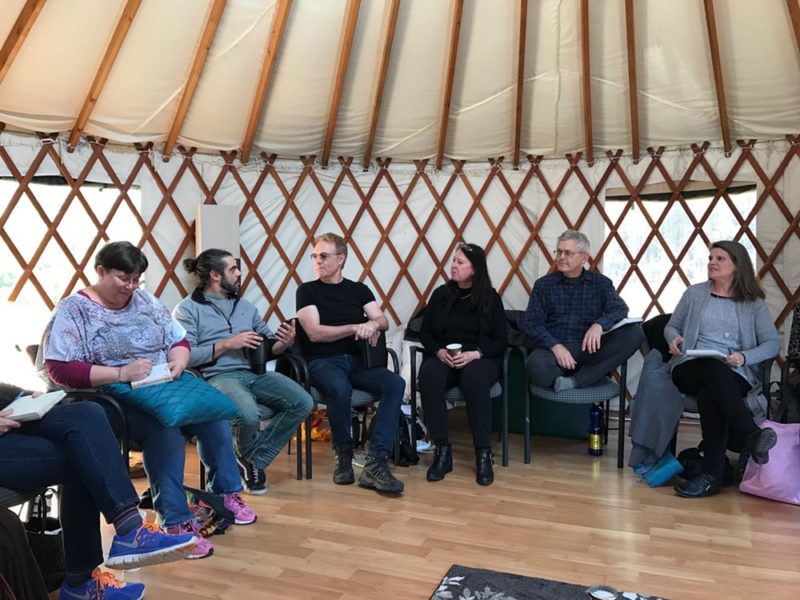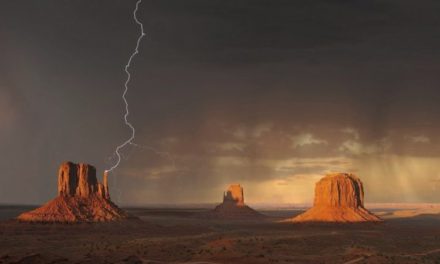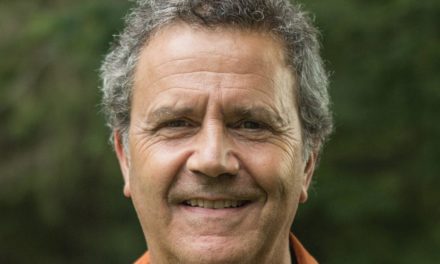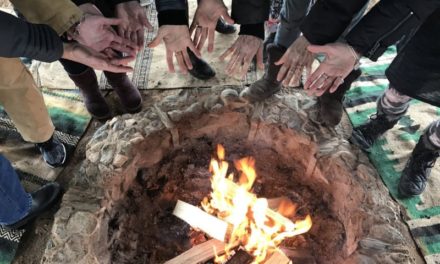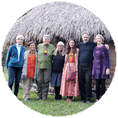Bringing forth the gifts of a life aligned with Nature
The Sacred Fire Community helps people rediscover a deeper relationship with each other and the living natural world. Under the steadfast care and direction of Lifeways Director Sherry Boatright and other Lifeways presenters, community members are being provided with life-encompassing wisdom programs that help support each soul’s journey as human. Life Cycle Living is now being rediscovered as a framework to understand more deeply how Nature supports us and, if we learn to align with its rhythms, can produce a powerful boost for living a full life.
On a crisp, sunny, late Winter day, a circle of men and women gathered together in Greensboro, NC (USA) to explore Life Cycle Living, a model for the human journey from birth to death. Facilitated by Sherry Boatright and Larry Messerman, the 1-1/2 day discovery process allowed those present to share yearnings, revelations, questions and concerns toward achieving fulfillment in each stage of life, with the good of community and culture as the ultimate goal. What are the different stages of a human life? What is the work of each stage? What is the gift? And what does it feel like when a group of humans – a family, a village, a People – helps to create the container within which each individual is supported through the many seasons of his or her life?
The Life Cycle Living model describes predictable stages of a human life, each building on those that come before. Not so long ago, people were supported by the traditions, ceremonies and rituals of their community in order to successfully navigate life. It was recognized that the successful completion of any given phase of a human life would provide the foundation for the next, and that a community was enriched when each man, woman and child could learn, grow and manifest the gifts inherent in each. For instance, the toddler offers his innocent joy and the young child her wonder at the natural world. In the presence of children, adults can remember these same capacities even as they move into the more “serious” work that is part of later stages in life. Ultimately, the accomplished elder embodies gifts of wholeness and grace for the benefit of community as well as of the world. It is not surprising that in many indigenous cultures, one of the most important tasks was to create a strong connection between the youngest and the oldest members of the community. This was seen as vital to creating a strong container for all other human endeavors.
In Greensboro, the exploratory dive went deep quickly, fostered in part by long-standing relationships forged by over a decade of monthly community fires. Yet even those participants brand new to the circle spoke of a sense of recognition, of wanting to be a part of the important work of bringing this ancient wisdom forward into the modern context of the world. The group began by sharing their concerns about the current crises faced by humanity and the lifestyles that separate us from the rhythms of Nature and inhibit us from the intimacy humans once had with the natural world. Participants agreed that it requires disciplined, conscious acts – such as periodic unplugging from electronics and fasting from fear-mongering media – in order to return to a richer, heart-centered way of living. Was it possible, the group mused, to maintain some of the welcome amenities of a modern way of life, while still achieving a healthy, balanced relationship between human and other-than-human life on Earth?
Several present offered that the world would first need to heal the loss of self-respect which has led people to give away their power and to lose their sense of responsibility and care for the other, including for Life itself. In this task, they could easily recognize the importance of nurturing healthy relationships and common values. Larry, who is Executive Director of the Sacred Fire Community noted: “While it is true that community can be messy and does not always seem efficient, that is where heart manifests and ultimately how what is truly important gets done.” Others echoed this by affirming that traditions of service to others is what allows people to thrive, their individual life stories weaving into each other, creating a rich tapestry of experience.
When the question was presented as to how the local Sacred Fire Community could adopt and promote Life Cycle Living, a long and creative list of possibilities was quickly generated, several of which were actionable and are now already scheduled to come into fruition. Women’s and Men’s Fires are being added and an offer of support toward holding Youth Fires is being made to a young adult. Additional offerings by the Sacred Fire Community, including a program on the Core Basis of Prayer, will be hosted in Greensboro. There has also been a call to explore, as a community, some basic skills in respectful confrontation and courageous conversations. A frequent theme was the need to find ways in which the gifts of the elders could be honored as well as to promote the relevance of community and the concepts of Life Cycle Living to teenagers and young adults.
By the end of the program, the common theme running through was gratitude: for the humility and service modeled by the presenters, for all who had participated, and for the inspiration provided by the Life Cycle Living framework. And so the group set forth, after long goodbye hugs, freshly inspired about what it means to live a rich and full human life, and by reaffirming the importance of community in making that journey a successful one.
Life Cycle Living is being introduced to Sacred Fire Community hamlets in many international locations. All those interested in building lives of meaning and purpose are welcome to come explore this and other Lifeways programs.

